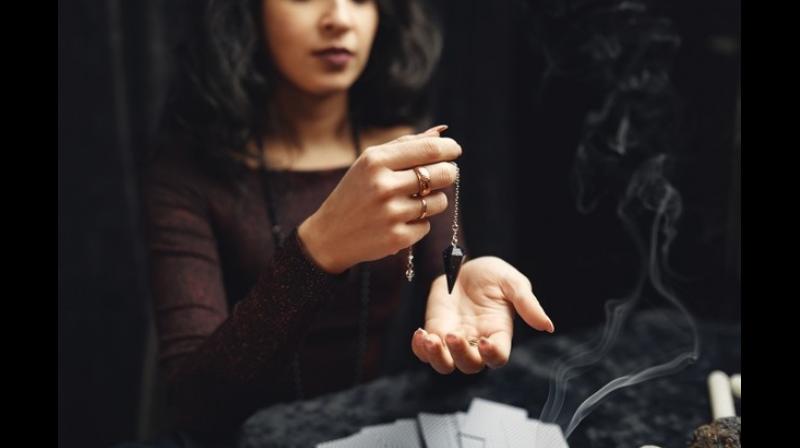Complementary therapy in huge demand

Alternative medicine and healing methods have long been used in India to treat issues ranging from hypertension and gynaecological problems to life-threatening cancers. So, when COVID-19 sank its fangs into people, causing deaths by the thousand, many turned to alternative systems of medicine like Ayurveda, Siddha and Reiki. Pranic healers were fully booked and energy cleansers were called in to eliminate evil eye and doshas.
While the conventional medical system was overworked, with an alarming shortage of hospital beds and oxygen, those with mild symptoms of infection and those who had recovered from Covid sought out traditional healers and practitioners for help.
Alternative and complementary healing systems continue to be in high demand. And health experts and healers are feeling stressed, even suffering burnouts, because they have to deal with increasing issues of people. Many healers and experts like psychiatrists are themselves looking for ways to de-stress or are forced to take breaks to unwind. We talk to some of them, to find out how the pandemic has caused immense stress and how they are tackling it.
Therapists burnout
“The pandemic posed an ominous threat to everyone’s mental health. When people reach out to healers for help and comfort, they are rarely aware of the personal battles the healers may themselves be fighting,” points out Priyanka Aditya Baid, holistic healer, teacher and spiritual coach, The Magical Orb. “I started a free Covid-19 healing and support group when I was coping with a personal loss myself. That gave me tremendous strength. But I also began to be overworked,” she says. “Yes, healers and therapists suffer burnouts too. But meditation, service work and short cleansing breaks kept me going,” she shares, adding, “you can provide optimal support to others only when you are feeling your best.”
Deepika Goyal, a Pranic healer with 20 years of experience, explains that Pranic healing is ‘a no-touch therapy’ which can be conducted from a distance, thus allowing healers to work from their homes. Admitting that there has been added pressure, especially during last May/June, she says people were coming in larger numbers to cleanse their energies, fix their health concerns and also build immunity. “We follow certain practices to tackle such situations,” she reveals. “If we cannot heal ourselves, how are we going to help others? Taking care of yourself is of foremost importance,” she stresses. ”
Deepika underlines that the operative word is ‘complementary’, since such systems work alongside medical science to help patients recover. They cannot take the space of conventional doctors and the treatment offered by them. Rather, such therapy goes on at the side, to help recovery. A person who practices complementary therapy would never ask you to go off medication or not go to a doctor, she says.
Surge in the number
Alternative healing experts say conventional doctors are also sometimes their patients. This has resulted in a surge in the number of people interested in complementary therapies.
“A lot of people have started believing in alternative healing. We get requests for healing from around the globe. Healing can be done from any part of the world. During the pandemic, many people wanted to check their tarot predictions for business, a relative’s health and other areas of uncertainty,” says Annapoorna, professional tarot consultant and entrepreneur. “There’s more awareness about these healing methods, and people are more open to them. Many people ask us to design spell jars for positivity and abundance. And I never said ‘No’ to anyone in need. I started creating spell jars that provide healing, using various herbs, flowers and grains with medicinal properties I’m so happy to help.”
Annapoorna also says traditional healers have special ways to reduce stress and calm themselves. “I take short breaks with my family and visit temple towns or a nice spa resort,” she shares.

